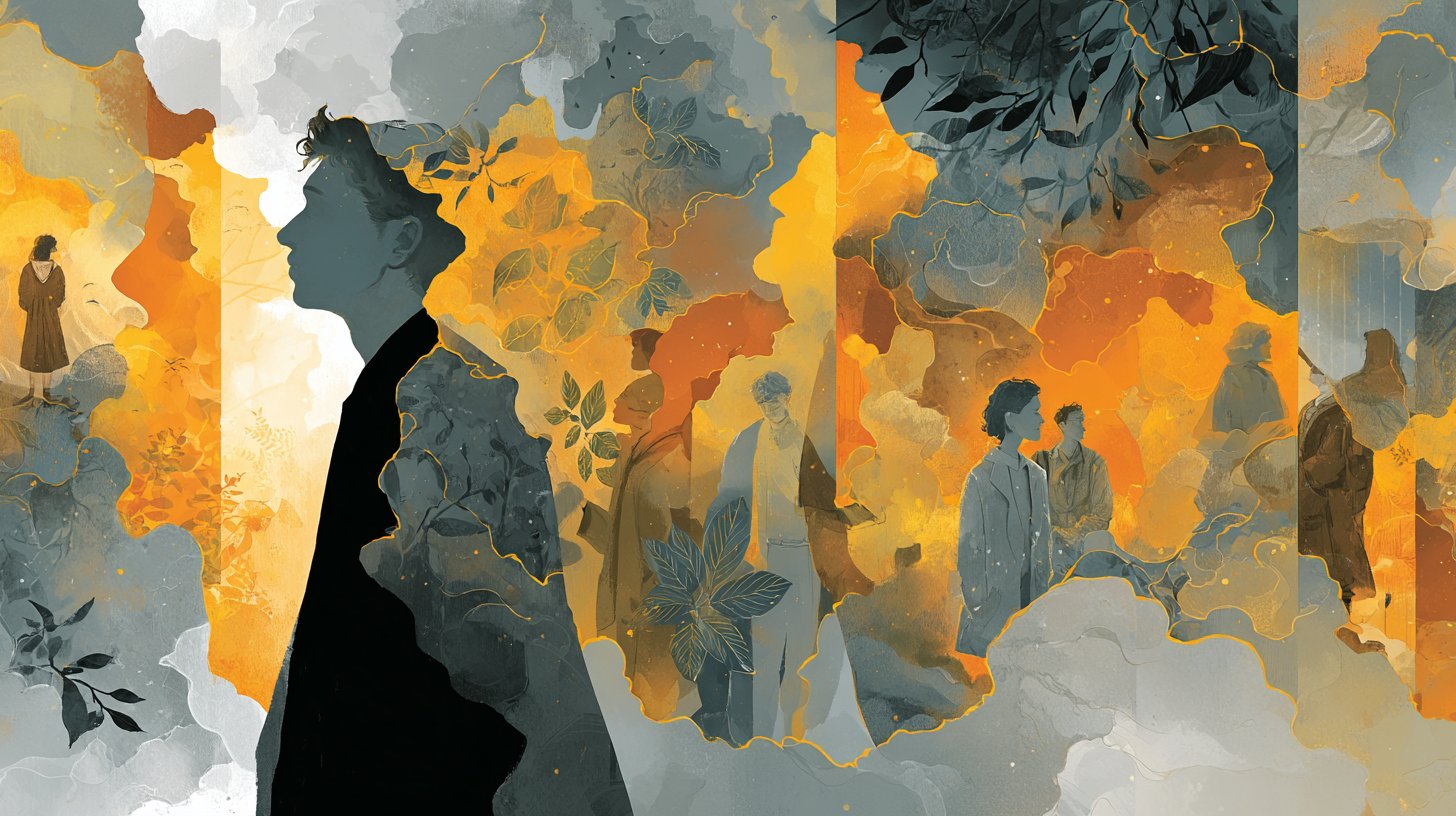The different phases of an affair: from flirtation to relationship

Affairs, relationships, emotions – three key words that are often closely linked. In today's world of online dating and casual relationships, many try to satisfy their needs without taking the risks of a serious commitment. But what happens when a harmless fling turns into something more? Are we ready for the consequences? Let's begin exploring the four phases of an affair and find out how they can evolve from a fleeting adventure into a potential new relationship.
Phases of an affair are often not clearly distinguishable but flow into one another. While some people simply seek a brief moment of excitement, others develop deeper emotions and bonds. Therefore, it is important to be aware of these phases and to ask oneself what values and needs one has in a relationship. Below, we will examine the typical phases of an affair and the impacts they can have on all parties involved.
The first phase: Desire and excitement
In the first phase of an affair, it is mainly about desire and excitement. This is the moment when two people meet and feel an unspoken connection. Here, desire plays a central role. This phase is often characterized by a sense of freedom, as the participants do not submit to the conventions of a traditional relationship. Sometimes it is also an escape from the boredom of the existing relationship that leads people to an affair. It can be thrilling to meet someone new and feel the chemistry that develops between oneself and the other. In this phase, everything is intense and new, and often rational considerations are pushed aside.

The second phase: Emotions and confusion
Once the initial desire wanes, the second phase begins, which is often marked by emotions and confusion. At this point, it is practically impossible to ignore one's feelings. Perhaps deeper emotions have developed, and it becomes harder to view the affair merely as a distraction. Confusion grows as the participants begin to choose between the current partnership and the new affair. Questions such as 'What do I really want?' or 'Can I be happy with one or both partners?' often arise. Sometimes the affair becomes an escape from problems in the existing relationship, and the tensions can be emotionally and psychologically extremely taxing.

The third phase: The decision
In the third phase, the participants face an important decision. The feeling of excitement can turn into uncertainties and fears, and one begins to ponder: 'What comes next?' At this point, the question of the future of the affair becomes a central topic. Do values and needs align? It is possible that the affair has serious consequences for all involved. Sometimes the decision is made to leave the existing relationship and choose the new love, while occasionally there are people who decide to leave things as they are. This phase can be very painful, as worries about the consequences and potential hurts to partners can become overwhelming.

The most important question remains: What lessons do we learn during this time? It is a phase of reflection and learning, where one becomes essential for oneself and one's own needs. A processed phase is crucial to understanding what truly makes one happy and what kind of relationship one aspires to.
In conclusion, it is important to recognize and utilize the lessons from an affair. Each phase brings its own challenges and can lead to personal growth. One must go inward and reflect: What do I really seek in a relationship? Where are my priorities? An affair can provide knowledge and understanding of one's own needs, whether one chooses the existing relationship or embarks on a journey with the new love. Ultimately, we should be aware that the pursuit of happiness and fulfillment in relationships is often a lifelong process, and that honesty with oneself is the first step on this path.


